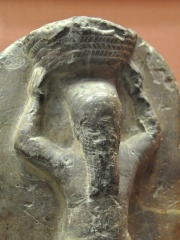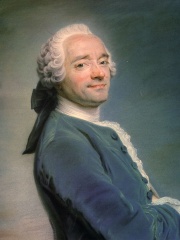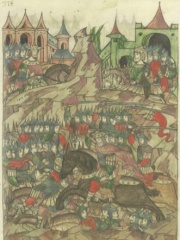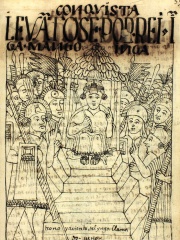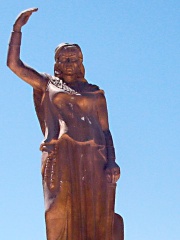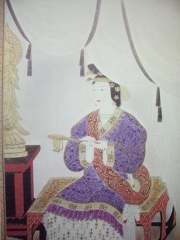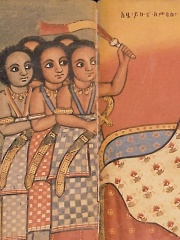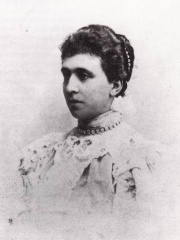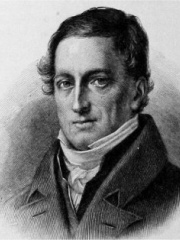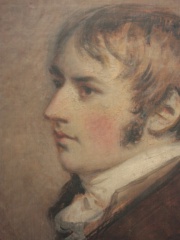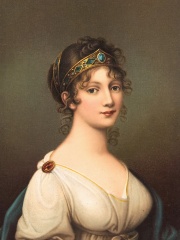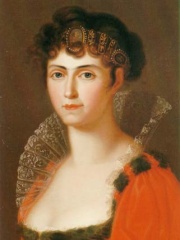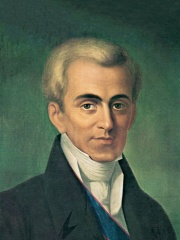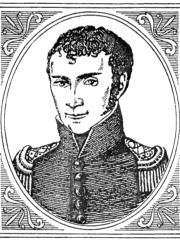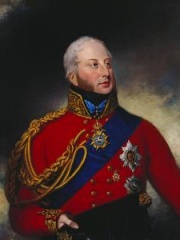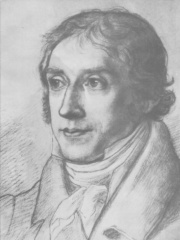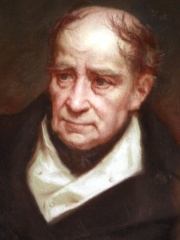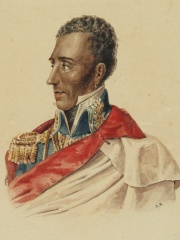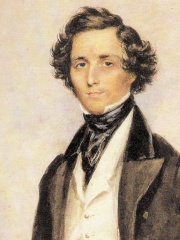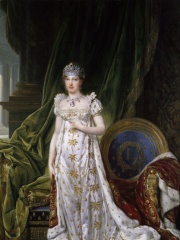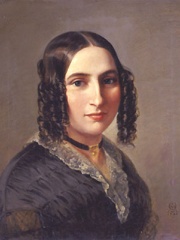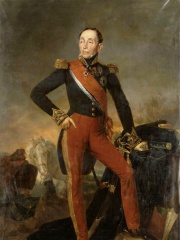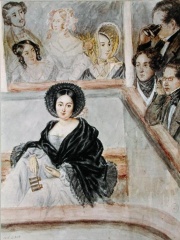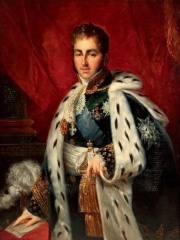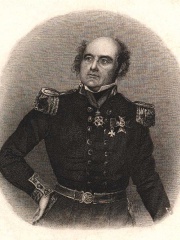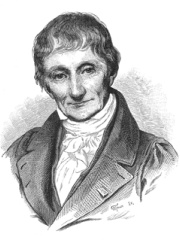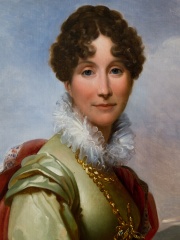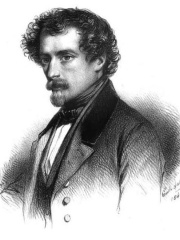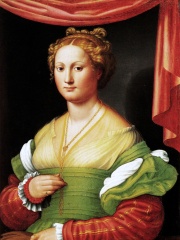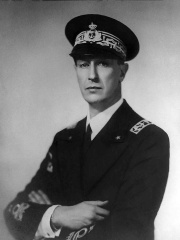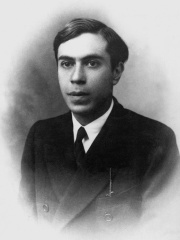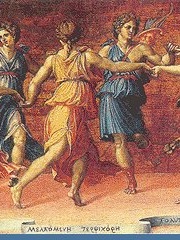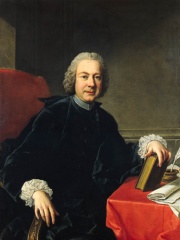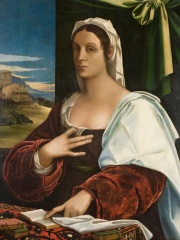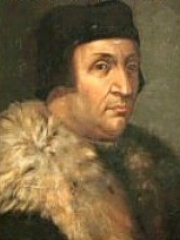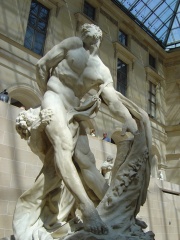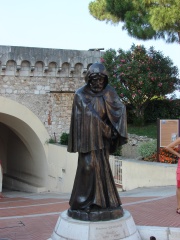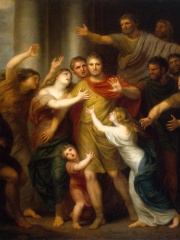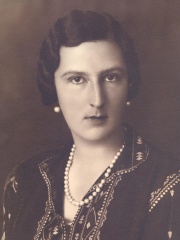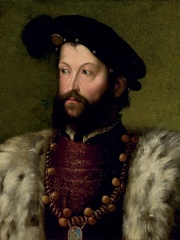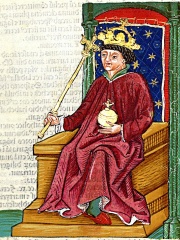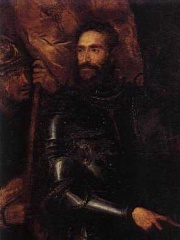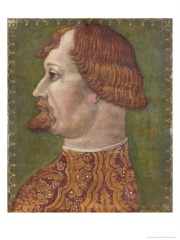POLITICIAN
Archduke Joseph, Palatine of Hungary
1776 - 1847
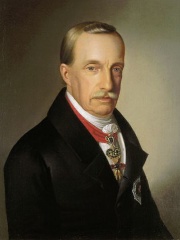
 Archduke Joseph, Palatine of Hungary
Archduke Joseph, Palatine of Hungary
Archduke Joseph Anton of Austria (German: Erzherzog Joseph Anton Johann Baptist von Österreich; Hungarian: Habsburg József Antal János Baptista főherceg, József nádor; 9 March 1776 – 13 January 1847) was the 103rd and penultimate palatine of Hungary who served for over fifty years from 1796 to 1847, after a period as governor in 1795. The latter half of his service coincided with the Hungarian Reform Era, and he mediated between the government of Francis I, King of Hungary and Holy Roman Emperor and the Hungarian nobility, representing the country's interests in Vienna. He played a prominent role in the development of Pest as a cultural and economic centre; the neoclassical buildings constructed on his initiative define the city's modern appearance. The landscaping of the City Park of Budapest and Margaret Island happened under his supervision. Read more on Wikipedia
His biography is available in 26 different languages on Wikipedia (up from 25 in 2024). Archduke Joseph, Palatine of Hungary is the 2,526th most popular politician (down from 2,503rd in 2024), the 854th most popular biography from Italy (up from 861st in 2019) and the 182nd most popular Italian Politician.
Archduke Joseph, Palatine of Hungary, was the youngest son of Empress Maria Theresa and Emperor Francis I. He was born in Vienna on October 22, 1741. He was educated by Jesuits and became a devout Catholic. He was the Palatine of Hungary from 1764 to 1790. He was a patron of the arts and sciences and founded the Hungarian Academy of Sciences. He died on July 13, 1790 in Vienna.
Memorability Metrics
Page views of Archduke Joseph, Palatine of Hungary by language
Among POLITICIANS
Among politicians, Archduke Joseph, Palatine of Hungary ranks 2,526 out of 19,576. Before him are Ish-bosheth, Shamash-shum-ukin, Maurice Quentin de La Tour, Lucius Cornelius Cinna, Nogai Khan, and Manco Inca Yupanqui. After him are Jacobo Árbenz, Dihya, Empress Suiko, Yekuno Amlak, Infanta Maria Antonia of Portugal, and Kemal Kılıçdaroğlu.
Most Popular Politicians in Wikipedia
Go to all RankingsIsh-bosheth
1100 BC - 1000 BC
HPI: 70.80
Rank: 2,521
Shamash-shum-ukin
650 BC - 648 BC
HPI: 70.80
Rank: 2,522
Maurice Quentin de La Tour
1704 - 1788
HPI: 70.79
Rank: 2,523
Lucius Cornelius Cinna
135 BC - 84 BC
HPI: 70.79
Rank: 2,524
Nogai Khan
1300 - 1300
HPI: 70.79
Rank: 2,525
Manco Inca Yupanqui
1512 - 1544
HPI: 70.79
Rank: 2,526
Archduke Joseph, Palatine of Hungary
1776 - 1847
HPI: 70.78
Rank: 2,527
Jacobo Árbenz
1913 - 1971
HPI: 70.78
Rank: 2,528
Dihya
700 - 601
HPI: 70.78
Rank: 2,529
Empress Suiko
554 - 628
HPI: 70.78
Rank: 2,530
Yekuno Amlak
1300 - 1285
HPI: 70.77
Rank: 2,531
Infanta Maria Antonia of Portugal
1862 - 1959
HPI: 70.77
Rank: 2,532
Kemal Kılıçdaroğlu
1948 - Present
HPI: 70.77
Rank: 2,533
Contemporaries
Among people born in 1776, Archduke Joseph, Palatine of Hungary ranks 9. Before him are Johann Friedrich Herbart, Sophie Germain, John Constable, Louise of Mecklenburg-Strelitz, Caroline of Baden, and Ioannis Kapodistrias. After him are Şehzade Abdullah, Johann Wilhelm Ritter, Prince William Frederick, Duke of Gloucester and Edinburgh, Barthold Georg Niebuhr, Józef Maria Hoene-Wroński, and Jean-Pierre Boyer. Among people deceased in 1847, Archduke Joseph, Palatine of Hungary ranks 7. Before him are Felix Mendelssohn, Marie Louise, Duchess of Parma, Archduke Charles, Duke of Teschen, Fanny Mendelssohn, Emmanuel de Grouchy, marquis de Grouchy, and Mary Anning. After him are Marie Duplessis, Jules de Polignac, John Franklin, Alexandre Brongniart, Adélaïde d'Orléans, and Jean Ignace Isidore Gérard Grandville.
Others Born in 1776
Go to all RankingsJohann Friedrich Herbart
PHILOSOPHER
1776 - 1841
HPI: 76.78
Rank: 3
Sophie Germain
MATHEMATICIAN
1776 - 1831
HPI: 75.67
Rank: 4
John Constable
PAINTER
1776 - 1837
HPI: 73.86
Rank: 5
Louise of Mecklenburg-Strelitz
COMPANION
1776 - 1810
HPI: 73.78
Rank: 6
Caroline of Baden
COMPANION
1776 - 1841
HPI: 72.14
Rank: 7
Ioannis Kapodistrias
POLITICIAN
1776 - 1831
HPI: 71.62
Rank: 8
Archduke Joseph, Palatine of Hungary
POLITICIAN
1776 - 1847
HPI: 70.78
Rank: 9
Şehzade Abdullah
POLITICIAN
1776 - 1849
HPI: 70.36
Rank: 10
Johann Wilhelm Ritter
CHEMIST
1776 - 1810
HPI: 69.10
Rank: 11
Prince William Frederick, Duke of Gloucester and Edinburgh
POLITICIAN
1776 - 1834
HPI: 67.43
Rank: 12
Barthold Georg Niebuhr
POLITICIAN
1776 - 1831
HPI: 66.86
Rank: 13
Józef Maria Hoene-Wroński
OCCULTIST
1776 - 1853
HPI: 66.11
Rank: 14
Jean-Pierre Boyer
POLITICIAN
1776 - 1850
HPI: 64.91
Rank: 15
Others Deceased in 1847
Go to all RankingsFelix Mendelssohn
COMPOSER
1809 - 1847
HPI: 83.51
Rank: 1
Marie Louise, Duchess of Parma
COMPANION
1791 - 1847
HPI: 82.16
Rank: 2
Archduke Charles, Duke of Teschen
NOBLEMAN
1771 - 1847
HPI: 73.33
Rank: 3
Fanny Mendelssohn
COMPOSER
1805 - 1847
HPI: 72.82
Rank: 4
Emmanuel de Grouchy, marquis de Grouchy
MILITARY PERSONNEL
1766 - 1847
HPI: 71.25
Rank: 5
Mary Anning
GEOLOGIST
1799 - 1847
HPI: 70.94
Rank: 6
Archduke Joseph, Palatine of Hungary
POLITICIAN
1776 - 1847
HPI: 70.78
Rank: 7
Marie Duplessis
CELEBRITY
1824 - 1847
HPI: 68.51
Rank: 8
Jules de Polignac
POLITICIAN
1780 - 1847
HPI: 67.79
Rank: 9
John Franklin
MILITARY PERSONNEL
1786 - 1847
HPI: 66.35
Rank: 10
Alexandre Brongniart
CHEMIST
1770 - 1847
HPI: 65.55
Rank: 11
Adélaïde d'Orléans
POLITICIAN
1777 - 1847
HPI: 65.43
Rank: 12
Jean Ignace Isidore Gérard Grandville
PAINTER
1803 - 1847
HPI: 64.64
Rank: 13
In Italy
Among people born in Italy, Archduke Joseph, Palatine of Hungary ranks 854 out of 5,161. Before him are Vannozza dei Cattanei (1442), Prince Aimone, Duke of Aosta (1900), Ettore Majorana (1906), Lucius Cornelius Cinna (-135), Baldassare Peruzzi (1481), and Pietro Metastasio (1698). After him are Vittoria Colonna (1490), Isabella d'Este (1474), Francesco Guicciardini (1483), Euhemerus (-330), Stefania Sandrelli (1946), and Milo of Croton (-557).
Others born in Italy
Go to all RankingsVannozza dei Cattanei
POLITICIAN
1442 - 1518
HPI: 70.82
Rank: 848
Prince Aimone, Duke of Aosta
POLITICIAN
1900 - 1948
HPI: 70.82
Rank: 849
Ettore Majorana
PHYSICIST
1906 - 1959
HPI: 70.81
Rank: 850
Lucius Cornelius Cinna
POLITICIAN
135 BC - 84 BC
HPI: 70.79
Rank: 851
Baldassare Peruzzi
PAINTER
1481 - 1536
HPI: 70.79
Rank: 852
Pietro Metastasio
WRITER
1698 - 1782
HPI: 70.79
Rank: 853
Archduke Joseph, Palatine of Hungary
POLITICIAN
1776 - 1847
HPI: 70.78
Rank: 854
Vittoria Colonna
WRITER
1490 - 1547
HPI: 70.76
Rank: 855
Isabella d'Este
NOBLEMAN
1474 - 1539
HPI: 70.75
Rank: 856
Francesco Guicciardini
HISTORIAN
1483 - 1540
HPI: 70.74
Rank: 857
Euhemerus
HISTORIAN
330 BC - 250 BC
HPI: 70.70
Rank: 858
Stefania Sandrelli
ACTOR
1946 - Present
HPI: 70.70
Rank: 859
Milo of Croton
POLITICIAN
557 BC - 550 BC
HPI: 70.69
Rank: 860
Among POLITICIANS In Italy
Among politicians born in Italy, Archduke Joseph, Palatine of Hungary ranks 182. Before him are François Grimaldi (1201), Marcus Atilius Regulus (-299), Giovanna of Italy (1907), Vannozza dei Cattanei (1442), Prince Aimone, Duke of Aosta (1900), and Lucius Cornelius Cinna (-135). After him are Milo of Croton (-557), Ercole II d'Este, Duke of Ferrara (1508), Andrew III of Hungary (1265), Pier Luigi Farnese, Duke of Parma (1503), Gian Galeazzo Visconti (1351), and Phalaris (-700).
François Grimaldi
1201 - 1309
HPI: 70.87
Rank: 176
Marcus Atilius Regulus
299 BC - 246 BC
HPI: 70.85
Rank: 177
Giovanna of Italy
1907 - 2000
HPI: 70.83
Rank: 178
Vannozza dei Cattanei
1442 - 1518
HPI: 70.82
Rank: 179
Prince Aimone, Duke of Aosta
1900 - 1948
HPI: 70.82
Rank: 180
Lucius Cornelius Cinna
135 BC - 84 BC
HPI: 70.79
Rank: 181
Archduke Joseph, Palatine of Hungary
1776 - 1847
HPI: 70.78
Rank: 182
Milo of Croton
557 BC - 550 BC
HPI: 70.69
Rank: 183
Ercole II d'Este, Duke of Ferrara
1508 - 1559
HPI: 70.68
Rank: 184
Andrew III of Hungary
1265 - 1301
HPI: 70.66
Rank: 185
Pier Luigi Farnese, Duke of Parma
1503 - 1547
HPI: 70.64
Rank: 186
Gian Galeazzo Visconti
1351 - 1402
HPI: 70.57
Rank: 187
Phalaris
700 BC - 600 BC
HPI: 70.56
Rank: 188

